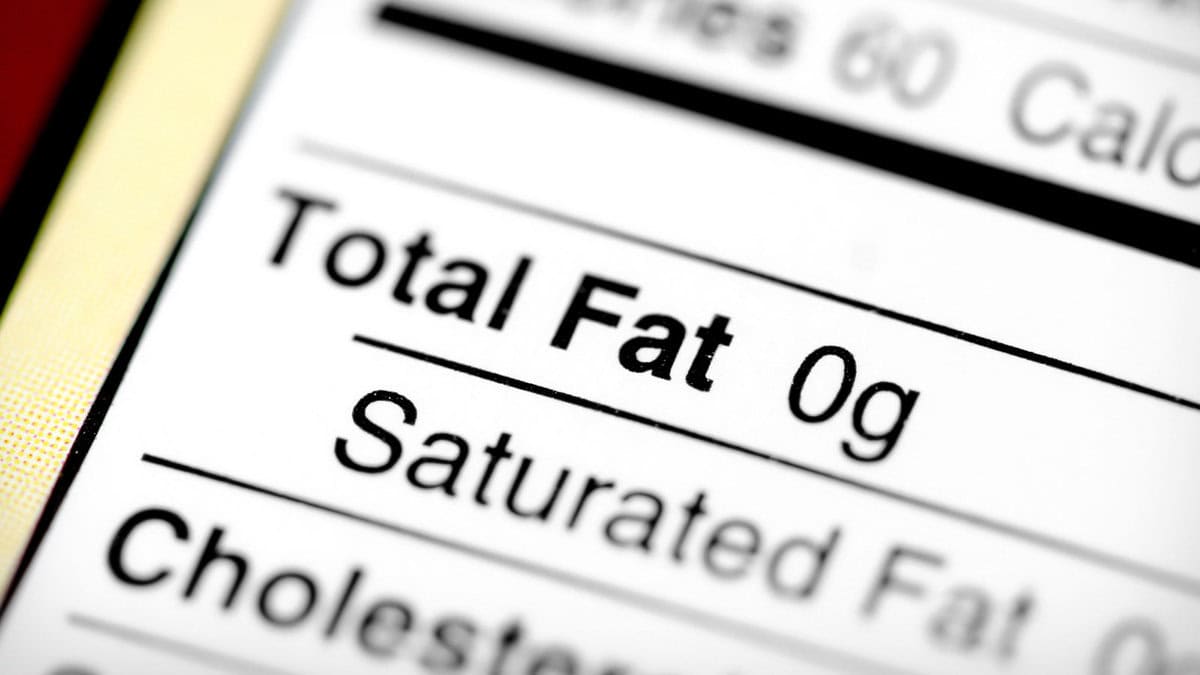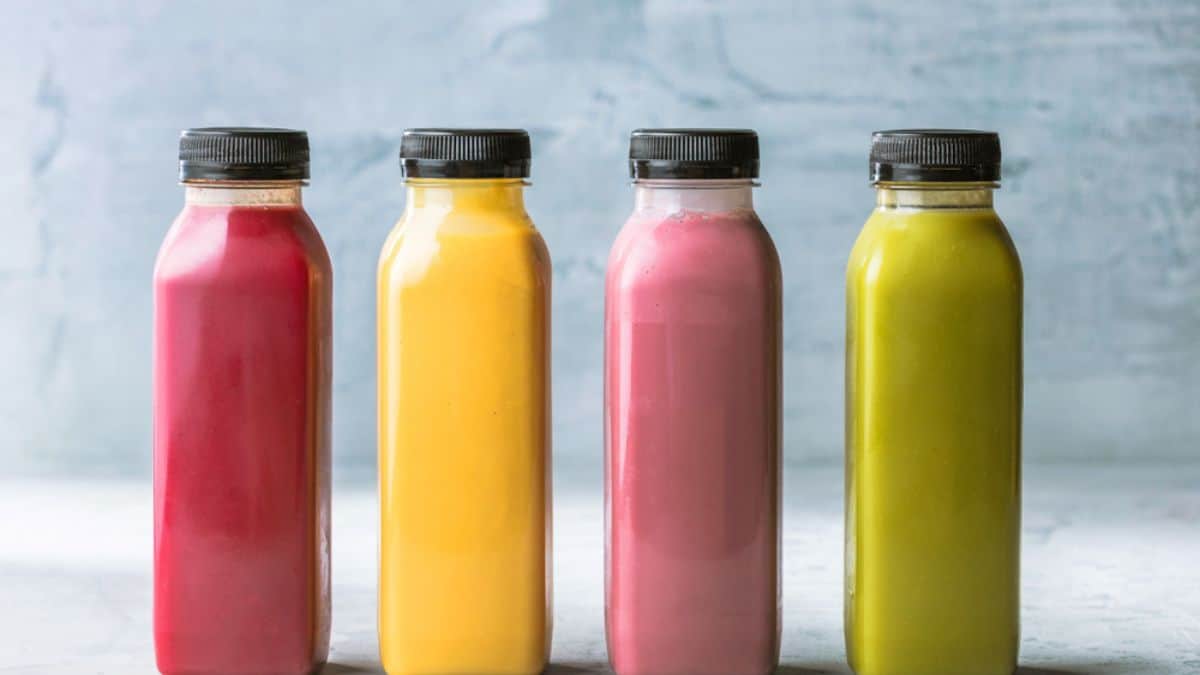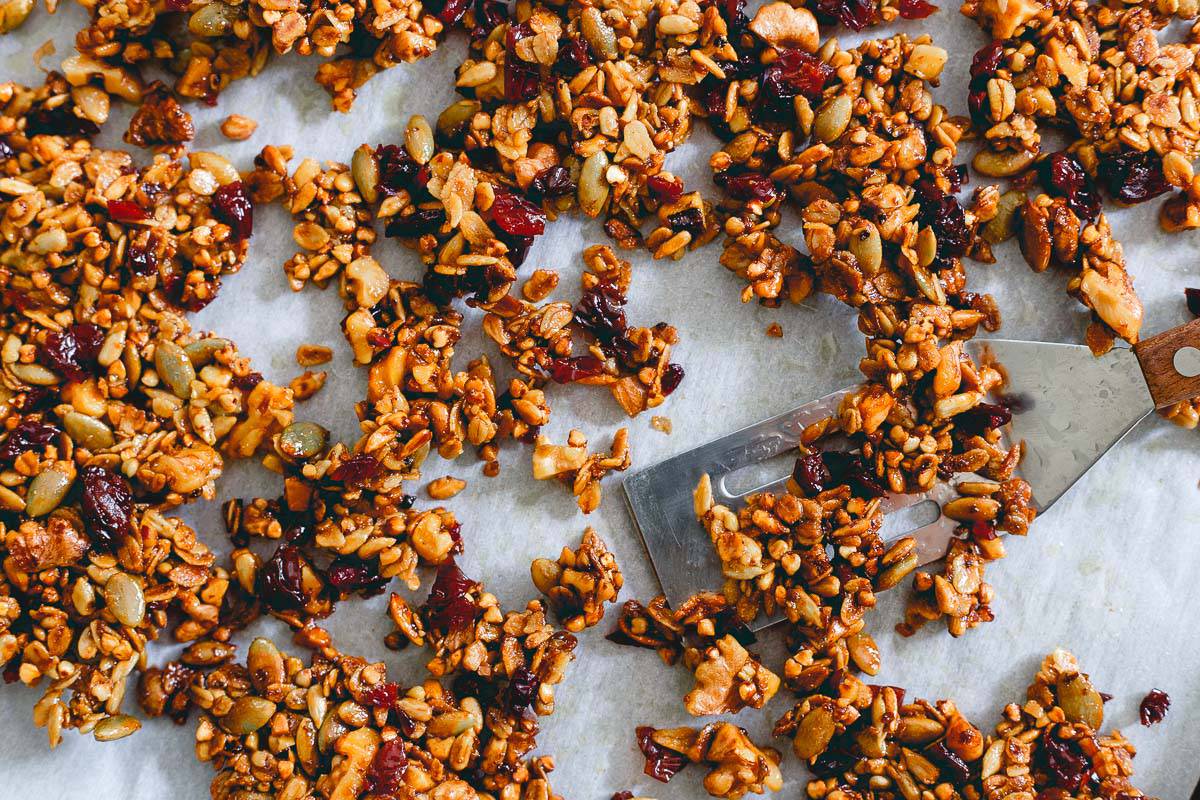Trying to be “healthy” can sometimes feel like running on a treadmill—you’re putting in all this effort, but not really getting anywhere. We’ve been sold on habits that sound like the secret to feeling great, but in reality, they end up adding more stress, confusion, and even frustration. It’s exhausting trying to keep up with all the rules, only to find out they’re not actually helping as much as you thought.
It’s time to call out these so-called healthy habits for what they are: well-intentioned, but secretly making life harder. You don’t need to jump through hoops to take care of yourself, and you definitely don’t need to follow every trend that’s marketed as a game-changer.

Obsessing Over Calorie Counting


Counting calories might seem like a disciplined way to manage your diet, but it often leads to stress, anxiety, and an unhealthy relationship with food. Constantly focusing on numbers can make eating feel like a chore, and it doesn’t consider the quality of calories. For instance, 100 calories of almonds are far better for you than 100 calories of candy. Over time, this obsession can lead to burnout and nutritional imbalances, as you might cut out important foods just to hit your daily target.
Drinking Only Low-Fat or Fat-Free Products


Low-fat products might seem healthier, but they often compensate for flavor loss by adding extra sugar, sodium, or artificial ingredients. Healthy fats, like those in avocados, nuts, and olive oil, are essential for your body to absorb vitamins, maintain healthy skin, and keep you feeling full longer. Cutting out fat can lead to cravings and overeating. So, don’t fear full-fat versions of your favorite foods—they’re usually more satisfying and often healthier.
Overdoing High-Intensity Workouts


High-intensity interval training (HIIT) and intense workouts have their benefits, but overdoing them can lead to burnout, injury, and a weakened immune system. Your body needs time to rest and recover. Without it, you risk muscle strain, joint pain, and chronic fatigue. Rest days are just as important as workout days—your muscles grow stronger during recovery, not during exercise.
Relying on Juice Cleanses


Juice cleanses promise to detoxify your system, but in reality, they strip out the fiber that keeps your digestion running smoothly. While juices might give a quick burst of vitamins, they can also cause rapid spikes and crashes in blood sugar. Your liver and kidneys are naturally designed to detox your body, so there’s no need for extreme measures that can leave you feeling weak, lightheaded, and irritable. A balanced diet with whole foods does a far better job at keeping you healthy.
Skipping Meals to Lose Weight


Skipping meals seems like a quick fix for weight loss, but it can actually slow down your metabolism and lead to overeating later. Your body needs consistent fuel to maintain energy and focus throughout the day. Skipping meals also disrupts blood sugar levels, leading to mood swings, fatigue, and intense cravings that might make you overindulge at the next meal. Instead, focus on balanced, smaller meals that keep you satisfied without feeling deprived.
Obsessing Over “Clean Eating”


Clean eating sounds like a solid idea—focusing on whole, unprocessed foods—but when it turns into an obsession, it can lead to restrictive eating habits and unnecessary anxiety around food. This can morph into “orthorexia,” an unhealthy fixation on only eating foods deemed “pure” or “clean.” Moderation and balance are key. Cutting out entire food groups because they don’t fit a clean-eating label can deprive your body of important nutrients.
Taking Supplements Instead of Eating Whole Foods


Supplements can be a helpful addition, but they shouldn’t replace nutrient-dense foods. Whole foods provide a balance of vitamins, minerals, fiber, and antioxidants that work together in ways supplements can’t replicate. Over-relying on supplements may also lead to imbalances—like getting too much of one nutrient and not enough of another. Instead, focus on eating a varied diet, and use supplements to fill occasional gaps, not as a substitute for meals.
Over-Hydrating


Yes, you can drink too much water. Constantly chugging water can lead to “water intoxication,” where your body’s electrolytes get diluted. This imbalance can cause confusion, nausea, and even more serious health issues. Drinking excessive amounts can also disrupt your body’s sodium balance, which is essential for proper cell function. Listen to your thirst cues and hydrate accordingly, rather than forcing yourself to drink a gallon a day just because it sounds healthy.
Avoiding All Carbs


Carbs have gotten a bad reputation, but they are actually the body’s main source of energy. Cutting them out completely can make you feel sluggish, cranky, and deprived. Whole grains, fruits, and vegetables provide complex carbs that are packed with fiber, vitamins, and minerals. While it’s smart to avoid refined carbs like white bread and sugary snacks, eliminating all carbs can deprive your body of necessary fuel, especially if you’re active.
Following Fad Diets


Fad diets often promise quick results but rarely deliver sustainable health benefits. Whether it’s cutting out entire food groups or restricting calories to extreme levels, these diets can cause more harm than good. They often lead to nutrient deficiencies, mood swings, and even weight gain once the diet ends. The worst part? They teach you nothing about maintaining a balanced, healthy lifestyle. Focus on building sustainable habits rather than hopping from one trend to the next.
Compulsively Checking Nutrition Labels


Reading nutrition labels is useful, but constantly scrutinizing every ingredient can create a stressful, restrictive eating environment. Obsessing over labels might make you miss the bigger picture—like enjoying your food. It can also lead to cutting out foods that are perfectly fine in moderation. Learn to read labels for awareness, but don’t let them dictate every bite. Balance is more important than obsessing over every gram of sugar or fat.
12 Foods You Think Are Healthy But Aren’t


It’s easy to be fooled by foods that carry a healthy label but don’t live up to the hype. From snack bars packed with sugar to salads drenched in high-calorie dressing, misleading healthy foods are everywhere. We’re uncovering the top foods you might think are good for you but could actually sabotage your diet.
Read it Here: 12 Foods You Think Are Healthy But Aren’t
11 ‘Healthy’ Cooking Oils That Are Terrible for You


We all try to make healthier choices, and cooking oils are no exception. But not all oils are as good for you as they seem. Some popular “healthy” options can actually do more harm than good. Here’s a rundown of some cooking oils that might not be as beneficial as you think. Try swapping some of these out for healthier alternatives like olive oil, coconut oil and avocado oil instead.
Read it Here: 11 ‘Healthy’ Cooking Oils That Are Terrible for You
*Select images provided by Depositphotos.
Gina Matsoukas is an AP syndicated writer. She is the founder, photographer and recipe developer of Running to the Kitchen — a food website focused on providing healthy, wholesome recipes using fresh and seasonal ingredients. Her work has been featured in numerous media outlets both digital and print, including MSN, Huffington post, Buzzfeed, Women’s Health and Food Network.


